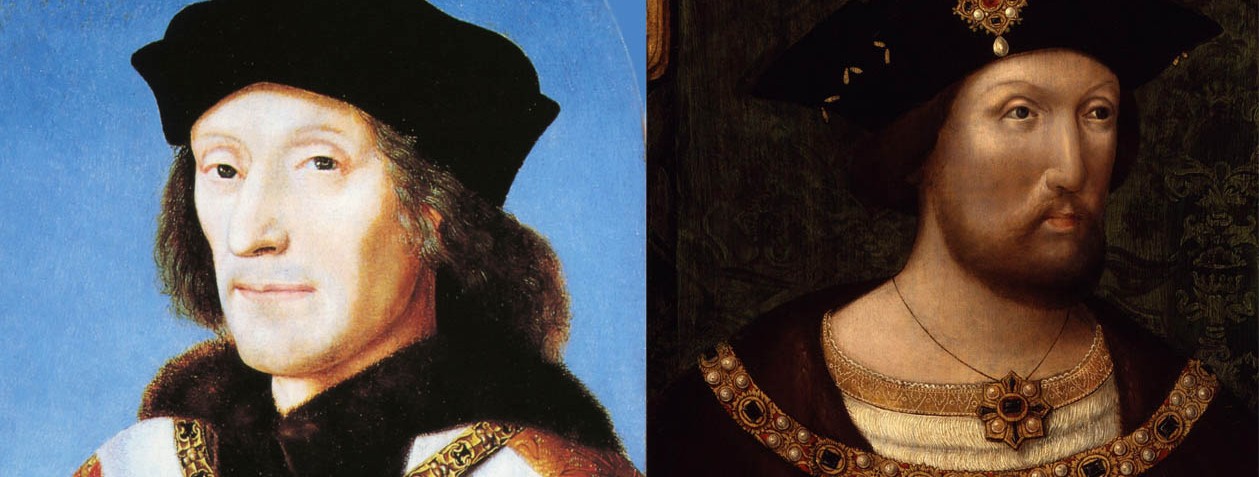What happened on a daily basis at court at the junction of the medieval and early modern periods in England? By making the content of the most important source for the early Tudor court, the records of the royal Chamber, available for the first time as a dynamic research tool, the project will answer this key question and get to the very heart of politics and culture, opening up the study of the court, the royal household, material culture, fashion, espionage, and economic control during the crucial period of the establishment of the Tudor dynasty.
The project’s objectives are to:
- Transcribe nine manuscript volumes of payments and receipts of the King’s chamber and the one extant book of the Queen’s payments, and publish an authoritative digital edition of the middle English text alongside a modern English version on a web-based platform hosted by Sheffield Humanities Research Institute (HRI). Web publication is a cheap and practical way to make this large amount material available to scholars and the general public, present and future, in the way that expensive, limited edition, print publication is not, and also allows the data to be searched and manipulated that is impossible in a paper edition.
- Publish a multi-authored volume (by Ross and Cunningham, with contributions by both researchers) that provides a major new interpretation of early Tudor kingship, largely based on the systematic use of the Chamber books for the first time but also drawing on other evidence, focussing on the politics, finances and administration of Henry VII and Henry VIII, and their interaction with their leading subjects. The project will also focus on both the material and social culture of the Tudor court, through a multidisciplinary conference involving the project team, and the steering committee, who will all deliver papers, as well as scholars working on themes related to hypotheses 5-8, using the new resource but drawing on other material, with the resulting papers published in a special edition of a journal.
- Open up the Chamber Books as a source for current and future scholars and the public, in part through publicising the digital edition and scholarly outputs to a broad audience, including public talks, and a social media schedule, including using the immense reach of the marketing programme of the National Archives (TNA), thus leaving a long-term legacy for the project.
These documents are unique. These are the earliest private records of the financial decisions of an English monarch, giving a unique insight into royal personality, daily life, the interaction of private and public, exchange of news and information, and purchase of luxury items, and the politics and finances of kingship. The fact that these documents span part of the period traditionally seen as the transition from medieval to early modern is also key, bridging an artificial but deep historiographical divide. No major publication of source material for the kingship and court of Henry VII has been undertaken since Gairdner’s two volume Letters and Papers Illustrative of the Reigns of Richard III and Henry VII in the 1860s. The records have been used selectively by many scholars but have never been used systematically in a broad study of kingship because of the bulk (4394 pages) and the difficulty of manipulatinng the financial data – the project will allow full searchability, data manipulation and adaptation for the first time.
Project Team
- Dr James Ross (Principal Investigator – University of Winchester)
- Dr Sean Cunningham (Co-Investigator – The National Archives)
- Katherine Rogers (Developer – The Digital Humanities Institute)
- Michael Pidd (The Digital Humanities Institute)
